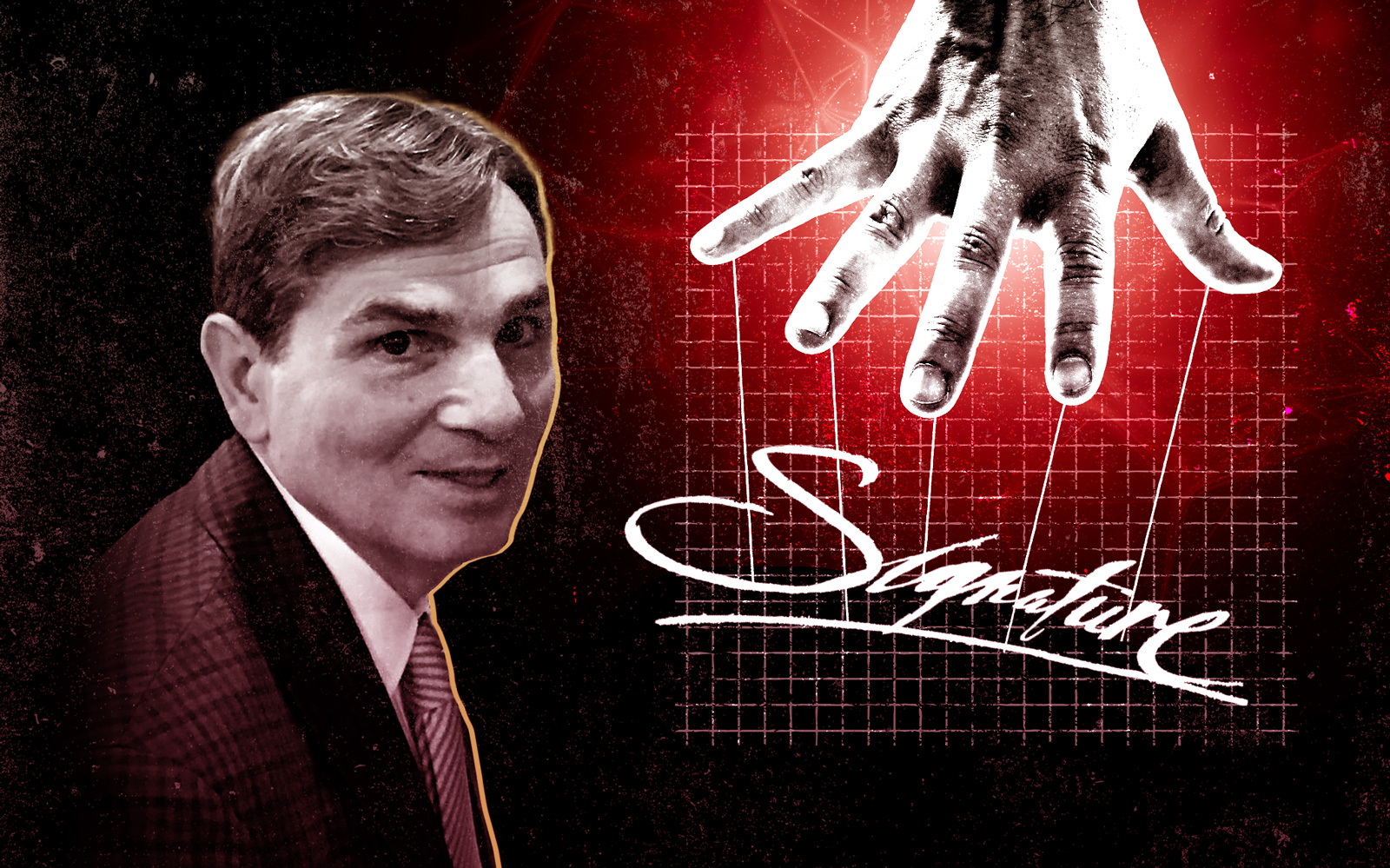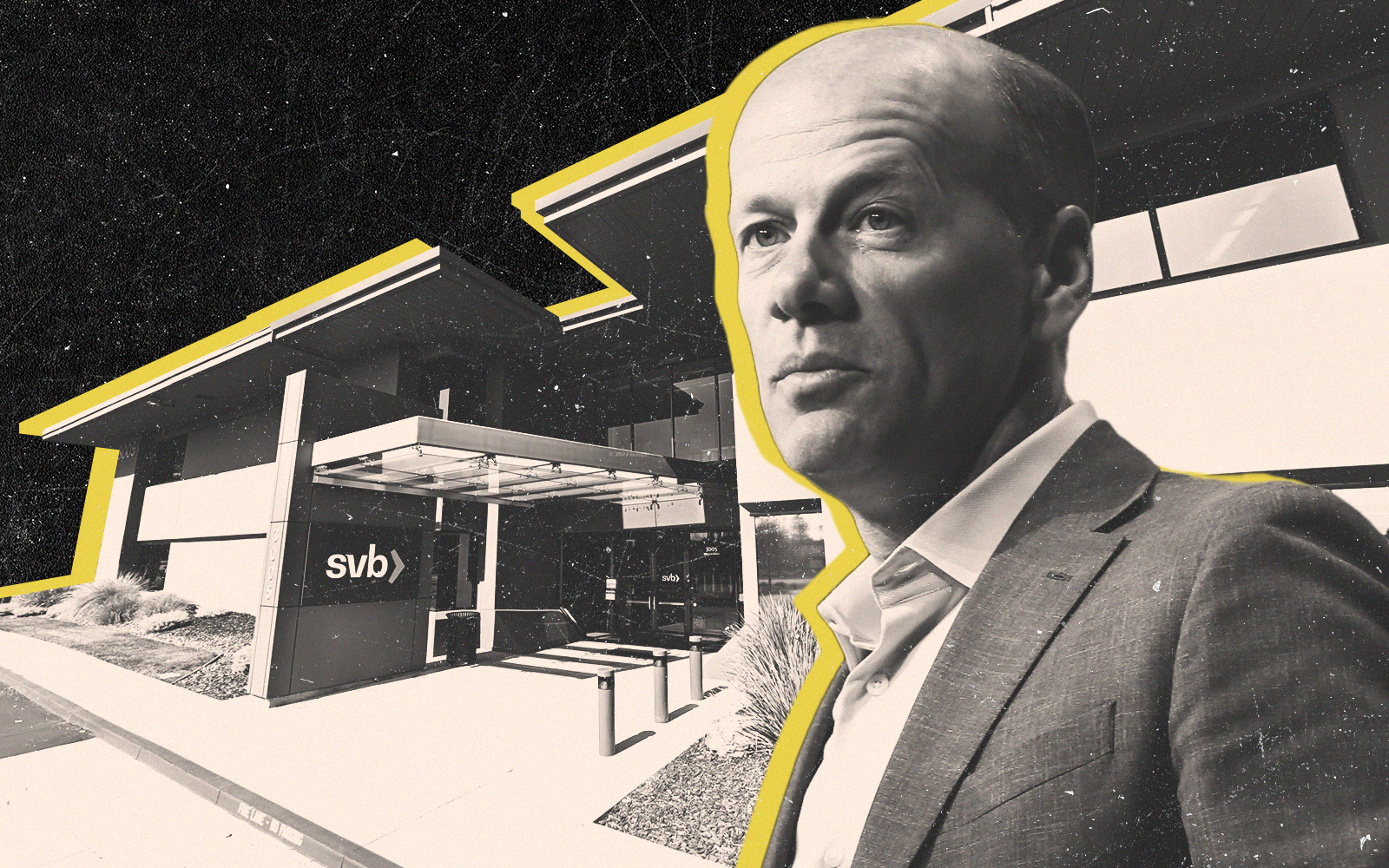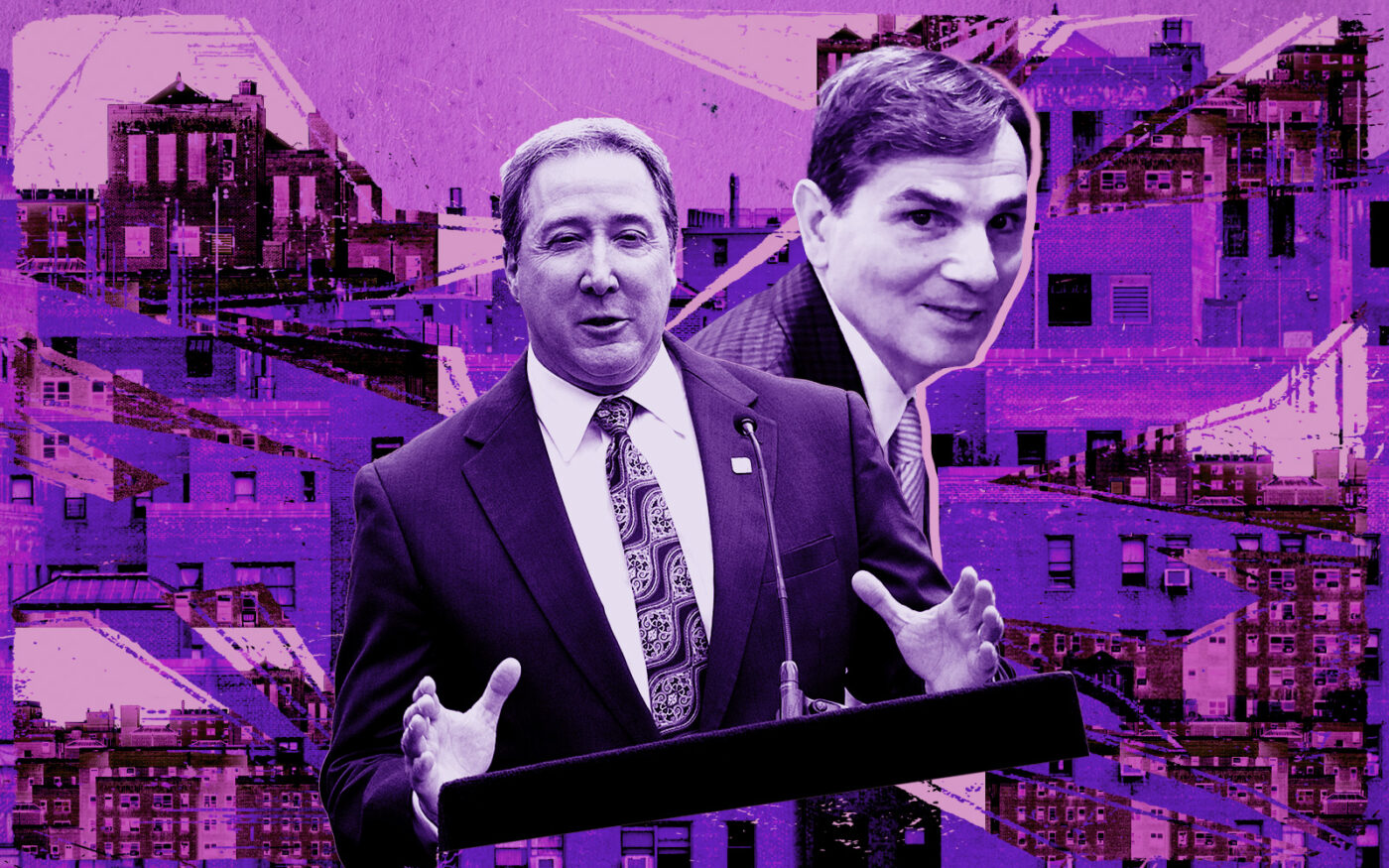Days before Signature Bank collapsed, Danny Fishman was scrambling to move hundreds of his buildings’ deposits. The goal: have no more than $250,000 — what the federal government insures — in any account.
Silicon Valley Bank, a key lender to the technology industry, had imploded Friday, and even owners with no connection to the lender were nervous.
Fishman, whose New York-based Gaia Real Estate has over 18,000 apartments, clocked 18-hour days this weekend yanking funds from regional banks, including Signature, and moving money into larger institutions he hoped would be better insulated against the turmoil in the financial sector.
The strategy may have been wise but overly cautious. Regulators on Monday said the Federal Deposit Insurance Corp. and Federal Reserve would fully cover Signature’s deposits, even amounts above the usual FDIC limit.
But Fishman views the move as a hedge against further fallout. “What we are afraid of,” he said, “is a snowball effect.”
As the dust settles, attorneys and owners agree that the immediate hit to New York real estate from Signature’s collapse is minimal. The greater fear is whether one bank’s failure could drive a run on its regional competitors, their liquidity, and ultimately, their ability to lend.
“Even if other banks are safe and stable, which I think a lot of these small banks are, it doesn’t matter,” Fishman said. “As soon rumors start, there’s a run on the bank and no bank can survive a run.”
Post-mortem
Signature’s sudden demise ended the bank’s 20-year reign as a top New York real estate lender.
Founded in 2001 by former executives of Republic National Bank of New York and led by Joseph DePaolo, Signature found a niche lending on rent-stabilized portfolios.
Its clients were not giants like Related Companies or Blackstone Group, but often under-the-radar players such as Abraham Fruchthandler’s FBE Limited or Isaac Chetrit. The bank also provided loans to Steve Croman, Raphael Toledano and Ved Parkash, landlords who faced allegations of tenant harassment.
But in 2018, Signature dove into a new and untested realm. It began accepting crypto-linked deposits, with companies such as Coinbase, Celsius and Paxos Global holding accounts. By early last year, over a quarter of its deposits were from crypto clients.
Meanwhile, cracks in its real estate portfolio began forming after the state changed rent stabilization in June 2019, limiting the rent increases many of Signature’s landlord customers could impose. Bank executives insisted the law wouldn’t result in any credit problems. But during the pandemic, Signature’s rent-stabilized loan portfolio suffered and its profits fell.
Late last year, crypto prices tanked and Signature announced plans to trim its crypto-linked deposits by $10 billion.
“This bank had all the red flags,” said Kenneth Thomas, a banking analyst and former lecturer at Wharton.
He pointed to the bank’s exposure to crypto and its rapid growth over the past few years. Signature’s assets surged by 140 percent to $121.9 billion between December 2019 and March 2022, according to securities filings.
The run on the bank started shortly after Silicon Valley Bank collapsed on Friday. Depositors began to worry about the security of their deposits at Signature in part because of its crypto exposure. On Sunday, regulators shut the bank, citing systemic risk.
“Regulators always seem to forget the most important lessons. It’s all about liquidity,” said Thomas.
Business as usual
For some landlords, the scariest part came Sunday evening when Signature’s collapse left them in the dark over whether they would be able to deposit rent payments, pay staff and fulfill maintenance requests.
Landlords whose tenants’ rent had for years landed safely in Signature accounts spent Monday scrambling to change the wiring instructions to route funds elsewhere.
One condo developer said panic also grew around condo deposits this weekend, as many law firms used the bank’s escrow services.
“It was a pretty existential weekend for many property owners,” said Jay Martin, executive director of the Community Housing Improvement Program, a landlord trade group.
But for most, those worries dissipated once the government stepped in to ensure their money would be safe.
The move came after the FDIC transferred all of Signature’s deposits and assets to a new institution, Signature Bridge Bank, and assured clients the replacement would reopen Monday. The FDIC also removed the bank’s senior leadership and appointed Greg Carmichael, former head of Fifth Third Bancorp, as CEO.
“Even if other banks are safe and stable, which I think a lot of these small banks are, it doesn’t matter”
“They are open for business,” said Christopher Whalen, a financial consultant and analyst. Whalen said the FDIC will ultimately want to sell the bank whole and not loan by loan.
The quick fixes pacified much of the industry.
“There are plenty of other concerns in this business, but that is not one of them,” said Jerry Waxenberg, a landlord with rent-stabilized properties.
“Right now I think they are one of the safest banks in America,” said Ira Zlotowitz, founder of commercial mortgage brokerage platform Gparency, referencing the bank’s fully backed deposits.
“The government did the right thing,” said Jeffrey Gural, whose GFP Real Estate had a long-term relationship with Signature. “Otherwise, it would be a panic.”
Contagion
The long-term impact is another story.
Signature’s meltdown jeopardizes its competitors in real estate lending, such as New York Community Bank, M&T Bank, Flushing Bank and Apple Bank.
“The smaller-to-midsize regional banks, people are questioning whether or not they should be keeping large deposits at these institutions,” said Eric Orenstein, a commercial real estate attorney at Rosenberg & Estis.
“You don’t know if smaller banks will be around, so you’re taking a big risk putting down a big deposit,” Fishman said.
If borrowers get spooked by Signature’s collapse and pull deposits from other regional banks, it would limit their ability to lend.
Neither New York Community Bank nor M&T Bank returned requests for comment. But a sector-wide selloff suggests some investors lost confidence in smaller banks: The KBW Bank Index, which tracks regional banks, fell nearly 12 percent Monday.
Trading of San Francisco-based regional bank First Republic’s stock was halted briefly for volatility but the share price ultimately plunged a record 62 percent. NYCB stock ended the day down 13 percent and M&T shares were down 7 percent during intraday trading before recovering half of that loss.
Orenstein said another collapse by a regional bank this week would pose a threat to those institutions.
“If First Republic folds this week,” he said, “that may signal a wider problem in the market.”
Read more



